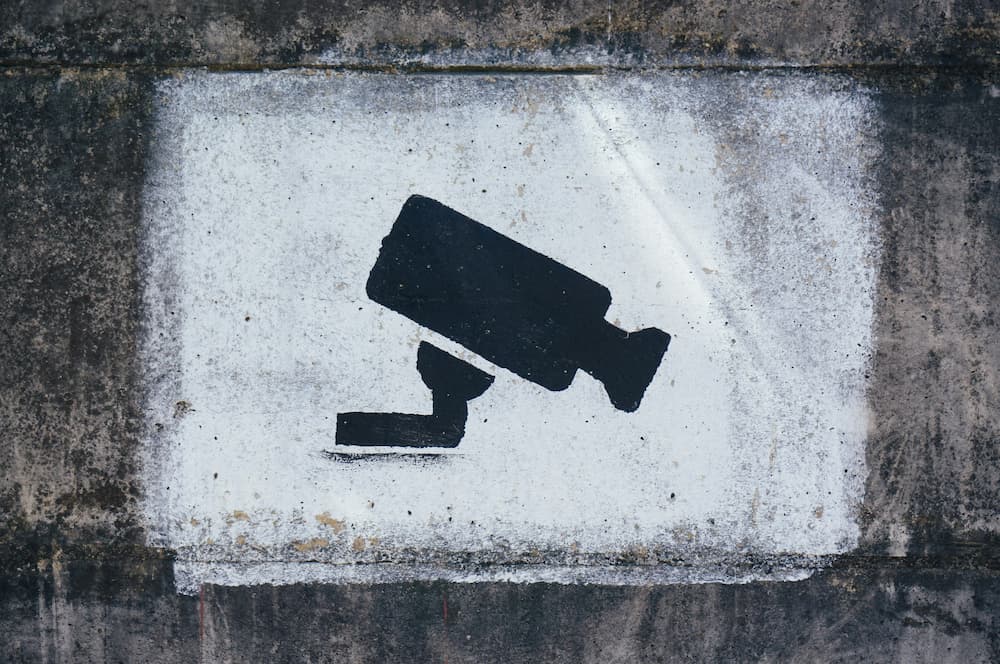It’s a scenario that’s becoming increasingly common. An employer rolls out a new time and attendance app and insists that staff install it on their personal phones. Refuse, and the message is clear: you won’t get paid.
For many employees, this feels less like modernisation and more like coercion. It blurs the boundary between personal and professional life and raises uncomfortable questions: how much of your personal privacy should you have to surrender just to clock in?
The legal grey area
Employers are entitled to put systems in place to verify attendance. But when those systems operate on personal devices, the waters get murky. Under GDPR, data collected from personal devices must be handled with extreme care. True consent is required – and “consent” tied to pay isn’t really voluntary at all.
Business advice warns that mandatory “bring your own device” (BYOD) policies carry “significant risks and large fines” under data protection law. A personal phone is not a managed corporate asset. Without the security controls of company-issued devices, employers risk exposing themselves – and their staff – to breaches and compliance failures.
In short: what seems like a convenient shortcut can create expensive liabilities.
The human cost
From the employee’s perspective, the objections go beyond data protection. The real issue is fairness and balance. A personal phone is just that – personal. It’s where people keep family photos, private messages, and personal apps. Requiring it for work purposes sends a message that convenience outweighs boundaries.
Indeed’s analysis on using personal phones for work points out two critical risks. First, that company apps may gain access to personal data such as photos, messages or browsing history. Second, that the constant presence of work apps on a personal device erodes work-life balance, making it harder for employees to disconnect and fuelling stress and burnout.
This erosion of trust is reflected in wider research too. The TUC found that two-thirds of UK workers fear surveillance will lead to discrimination, and 65% believe it fosters distrust. Only a minority feel confident challenging practices they find uncomfortable. Put together, the message is clear: intrusive oversight breeds resentment and damages morale.
The business risk
Even for employers, the payoff isn’t as clear as they might hope. A timestamp on a personal phone shows that someone tapped in – but it doesn’t prove who actually worked, whether the shift was completed properly, or whether time was used productively.
Meanwhile, the cultural backlash is very real. Surveillance research published in the Journal of Computer-Mediated Communication shows that monitoring is highly context-dependent. When staff already feel vulnerable, heavy-handed surveillance deepens power imbalances rather than creating clarity. The net result: businesses lose trust without gaining certainty.
The irony is stark: companies risk legal exposure, employee dissatisfaction and reputational damage, all while still lacking the reliable validation they were seeking.
The smarter alternative
The choice isn’t between blind trust and intrusive surveillance. Businesses can have oversight and respect if they adopt smarter systems.
EyeClean field service management software was developed to solve exactly this problem. By validating presence through QR tags, GPS zones and motion beacons on site, it provides timestamped, auditable evidence that the right person worked in the right place at the right time – all without requiring access to personal devices.
But the benefits go further. EyeClean also delivers live positioning while employees are at work, offering reassurance for health and safety and creating a transparent log of how time is spent across different areas. This makes it possible to validate efficiency in real time and ensure time allocation is being used correctly.
Crucially, it also enables businesses to challenge historic assumptions about how long tasks take. If data shows a job consistently takes less time, resources can be redeployed elsewhere. If it takes longer, the evidence is there to adjust staffing levels or service schedules. In this way, the system doesn’t just validate work – it actively helps streamline operations and save money for customers.
The effect is twofold:
- Employers gain the certainty they need for compliance, billing, workforce management and efficiency.
- Employees retain control of their personal devices and their privacy.
Instead of fuelling suspicion, the system builds transparency and accountability that works for both sides.
Oversight with respect
The debate about time and attendance apps isn’t going away. Workplace monitoring is growing, and employees are right to question where the boundaries should be drawn. But businesses don’t have to fall into the trap of coercion or corner-cutting.
With EyeClean, it’s possible to achieve both operational oversight and respect for personal boundaries. Every recorded hour is validated and accountable, without compromising the trust on which effective working relationships depend.
Because in the end, it’s not just about when staff clock in. It’s about how much confidence employers – and employees – can have in the system that records it.

